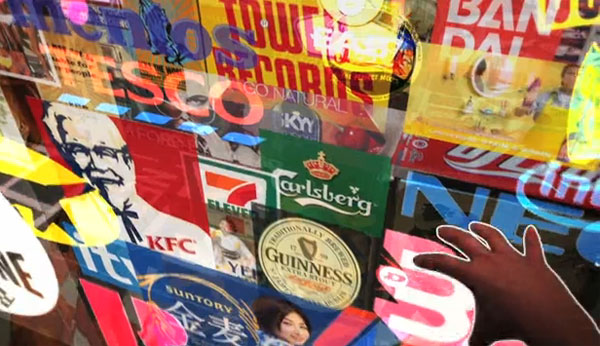America is neither a dream, nor a reality but a hyper-reality. It is a hyper-reality because it is a utopia that behaves from the very beginning as though it were already achieved.
Jean Baudrillard, America

The working class finds itself, for better or worse, reexamining the issue of patriotism in organizing the American people. As such, the profound irreality of this question becomes immediate. While this question seems omnipresent within some parts of American life, the question of what flag to display is typically reserved for decisions made with a Home Depot credit card (or at the very most, a feeling when deciding what size package to purchase at the firework stand). The amount of patriot fervor to follow is directly proportional to the explosive package purchased. Where then would anyone find the authentic form? Is it in the fireworks and spectacle? For the average American worker, their American identity is but a passing thought. You’d be more likely on average to find an American worker, liberal or conservative, who knows America’s history to be one of slavery, colonization, and genocide, and an acknowledgment that they’ve never been done right by this land. However, they still want to watch the fireworks. We share these experiences together, and the cognitive dissonance.
Michael Parenti drew a necessary distinction between “Patriotism and Super Patriotism.” Describing proletariat patriotism as the struggle for civil rights, for economic freedom, for the expansion of popular representation within civil and symbolic space. For many, this question still leaves us within the frame of our own subjectivity and feelings on the issue. How can one be authentically patriotic for a state whose foundation is on the erasure of those nations who came before? On what basis could anyone begin to acknowledge it as real, let alone a cause of celebration. In contrast, compatriotism does not seek to celebrate but only to memorialize what could have been, and give space to what might be if we stand together.
We must frame our own understanding—as both communists and Marxist-Leninists—on the basis of compatriotism, not false patriotism or super patriotism. Our compatriots are our fellow inhabitants of this land. They may or may not be patriots, however, they are our fellow workers. They are objectively people within a definite community of people, historically constituted as they are. Some might waive flags, but for many others they bring only a kid on their shoulders, and economic woes in their mind. For some, the flag will represent all of the forces that act against compatriotism, against sovereignty, and against workers and we must live in the reality of this contradiction. We must recognize this contradiction. Live in it. To give language to their struggle in our common tongue, is the very essence of what it means to be a compatriot. Their struggle is our struggle. If we fail to articulate this, to embody this, our failures will be shared.
We are of one. In our shared immiseration, we speak a common language: the language of struggle. No banner can gag that language of compatriotism that we feel in our common humanity. When we persevere together through adversity, when we find solidarity and compatriotism, it is that unifying sense that empty patriotism seeks to replicate through a pale simulacra. It wants to make a dream of the flag, a reality willed through belief alone, but no amount of wishing will wash the blood out.
This dream of irreality is super patriotism. In contrast, compatriotism is how we express communist patriotism in the imperial core. We can recognize how one flag, as a sign of resistance for striking coal miners, isn’t the same banner for our indigenous compatriots, who see it as the sign of violence. Despite these symbolic differences, we still speak a common language of struggle. We have more to gain from finding a way to stand together in solidarity, while acknowledging, accepting, thriving in difference. These issues are gordian knots, ties at the heart of the contradiction, and they will not be untied until working class compatriots come to political power.
While we would love to build a national character from scratch under ideal circumstances, we are given only what we have at hand. The American nation, by all definitions, qualifies to be a real nation, but it can never be a real civilization until we stand with our compatriots within the worker’s movements, for freedom from colonialism, for our indigenous community, all nations within this land, for popular sovereignty, for the realization of the only reality of America, which is a dream. It is only worker’s power that can change the process of history, to make that dream into a reality, and not continue the nightmare, and only through a shared solidarity and compatriotism that we can find our grounding.
Men make their own history, but they do not make it as they please; they do not make it under self-selected circumstances, but under circumstances existing already, given and transmitted from the past. The tradition of all dead generations weighs like a nightmare on the brains of the living. And just as they seem to be occupied with revolutionizing themselves and things, creating something that did not exist before, precisely in such epochs of revolutionary crisis they anxiously conjure up the spirits of the past to their service, borrowing from them names, battle slogans, and costumes in order to present this new scene in world history in time-honored disguise and borrowed language.
Marx, The Eighteenth Brumaire of Louis Bonaparte
We do not choose our compatriots, the circumstance create them, we stand with our fellow workers in solidarity because their struggle is our struggle, ours is theirs. And it is only on this basis, with our compatriots in arms, that we can begin to really fight.
